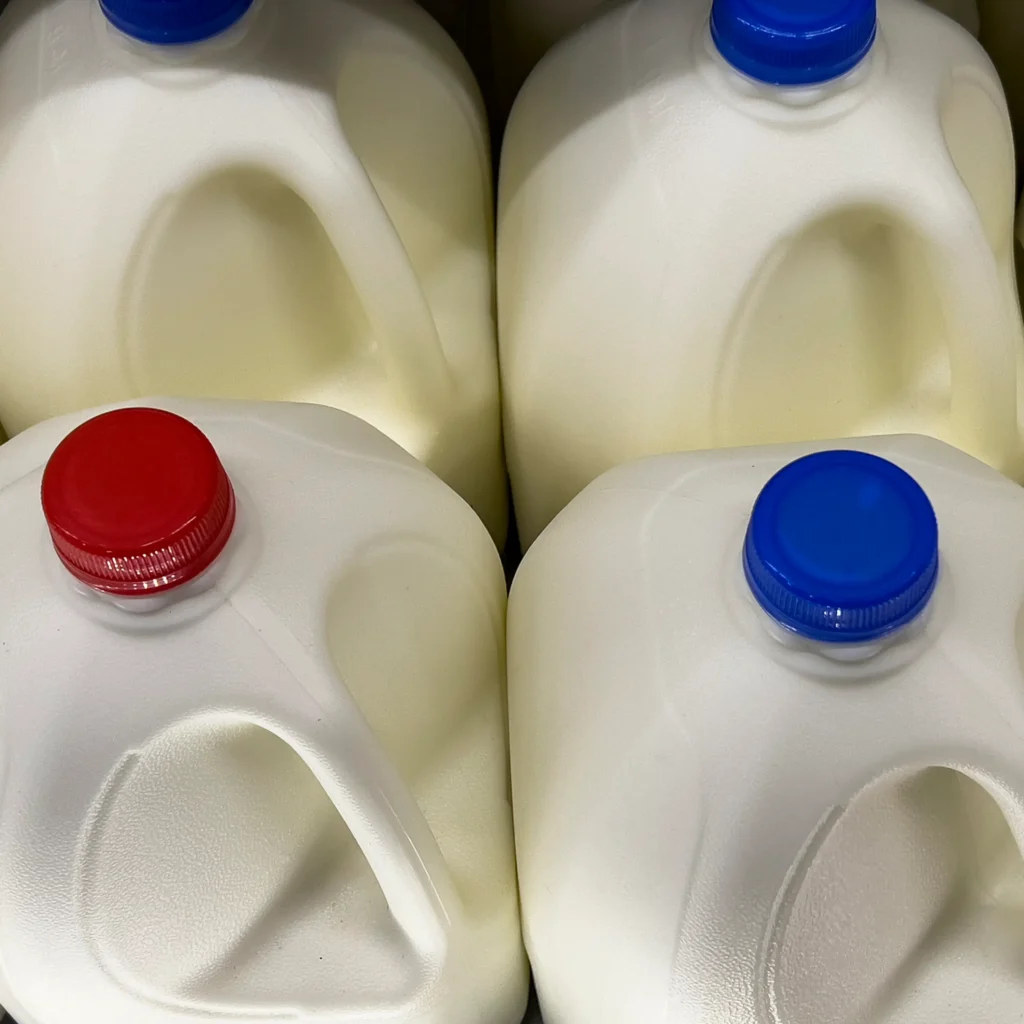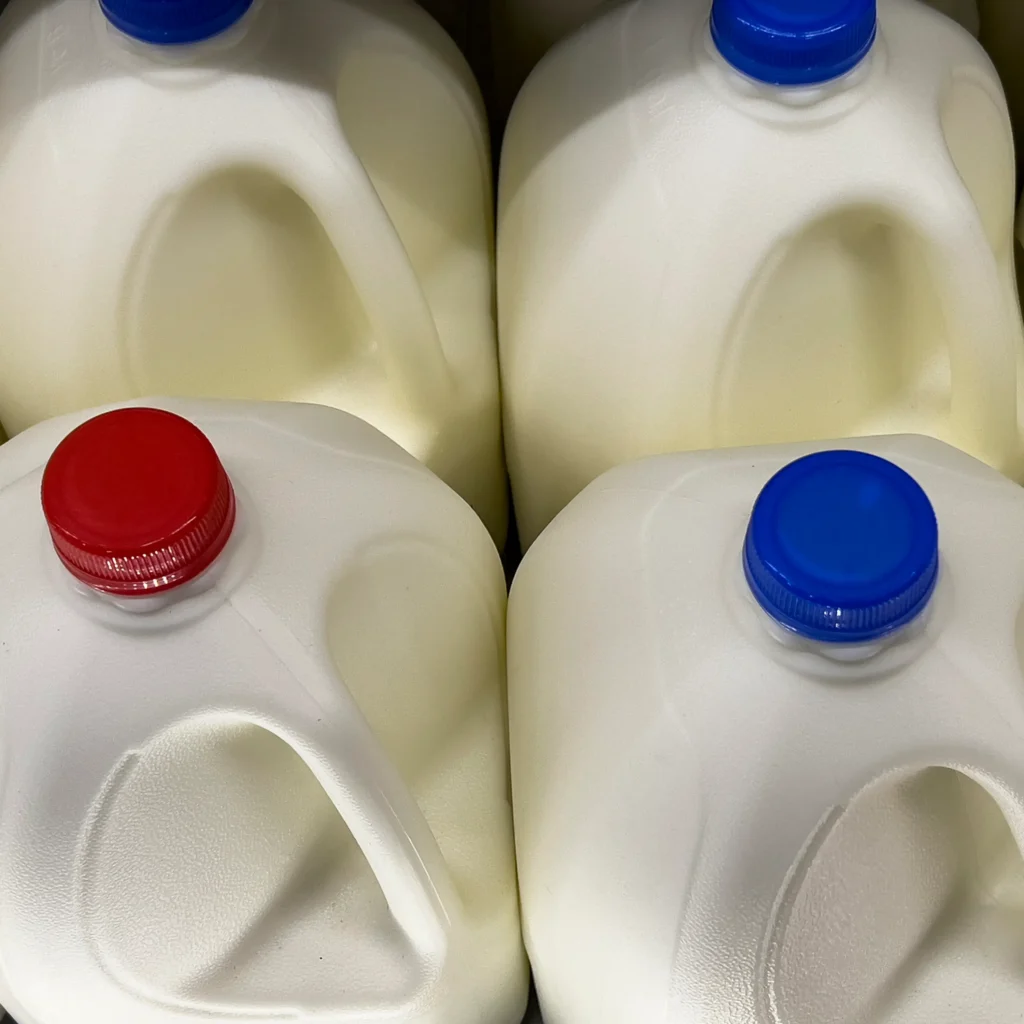Ethanol subsidies and mandates similar to those imposed by Brazil during the past 30 years are not an economically viable option for the United States, according to a February 15 report by Marcus Renato Xavier, economics professor at Brazil’s IBMEC Business School.
According to Xavier’s report, The Brazilian Sugarcane Ethanol Experience, ethanol subsidies and mandates have caused more harm than good to the Brazilian economy, and the policy serves as a poor model for other nations to follow.
Often Cited as Model
Biofuels such as ethanol have replaced hybrids and hydrogen as the latest proposed alternative to petroleum. Alternative fuel supporters are increasingly calling for government subsidies and mandates to build up a domestic U.S. ethanol industry that can displace petroleum market share.
Brazil’s experience with sugarcane subsidies and mandates is frequently cited by biofuels supporters as a model for other nations to follow.
Sugarcane ethanol sells in Brazil at a cost-competitive price relative to gasoline. Biofuel proponents argue the United States should emulate Brazil in assisting the development of a cost-competitive corn-based ethanol industry.
Sugar, Corn Not Equal
Xavier, however, points out sugar and corn are not of equal value in producing ethanol.
“Ethanol production is more economical in Brazil than in the United States,” Xavier writes. “This is due to several factors, including the superiority of sugarcane to corn as an ethanol feedstock, Brazil’s large unskilled labor force (sugarcane production is very labor intensive), and a climate ideally suited to growing sugarcane.
“While the U.S. and Brazil make about the same volume of ethanol, the U.S. uses almost twice as much land to cultivate corn for ethanol as Brazil does to cultivate sugarcane for the same purpose,” Xavier adds.
Impossible Without Subsidies
Xavier notes corn-based ethanol is not capable of competing in the free market absent substantial federal subsidies.
“American taxpayers today pay twice for ethanol,” Xavier observes, “once in crop subsidies to corn farmers and again in a 51-cent subsidy for every gallon of ethanol. Without such a subsidy, ethanol simply would not be cost-competitive with gasoline.”
Harms Environment
Xavier also notes ethanol may damage the environment when produced on a large scale from low-yielding crops such as corn.
Expanding corn acreage to meet artificially inflated ethanol demand will come at the expense of forests and prairies that are presently not cultivated, Xavier observes.
Ethanol Costly in Brazil
Perhaps most importantly, according to Xavier, Brazil’s ethanol infrastructure model “did not arise from free-market competition: It required huge taxpayer subsidies over decades before it could become viable.
“Even today, during a period of high oil prices,” Xavier reports, “volatile ethanol prices have not freed Brazilians from losing money on the E20 blend mandated by their government. And depending on the price fluctuations, sugar growers prefer to make even more money by selling their product as sugar on the world market rather than fermenting it into alcohol.”
Government Distorting Markets
Jerry Taylor, a senior fellow at the Cato Institute, agrees with Xavier that Brazil is not a good model for U.S. policy. “The history of government subsidies and mandates, be they for corn ethanol, sugar ethanol, hydrogen, hybrids, or whatever, is one of economically painful distortions of the free market,” Taylor said.
“If ethanol is or will be a viable competitor to petroleum, then private citizens certainly will not require government to force them or induce them to pursue ethanol,” Taylor added. “In the meantime, why should government mandate substantial economic investment in a technology that may ultimately fail, and certainly has failed to date?”
James M. Taylor ([email protected]) is managing editor of Environment & Climate News.
For more information …
The Brazilian Sugarcane Ethanol Experience, written by Marcus Renato Xavier and published by the Competitive Enterprise Institute on February 15, 2007, is available through PolicyBot™, The Heartland Institute’s free online research database. Point your Web browser to http://www.policybot.org and search for document #20894.




